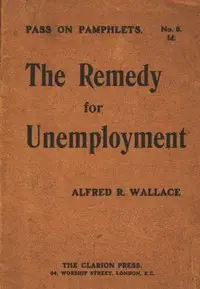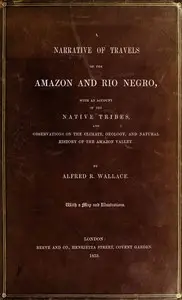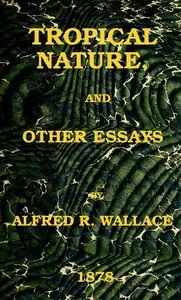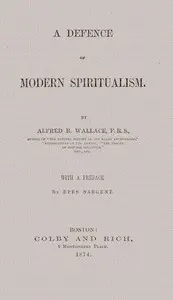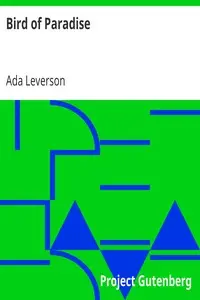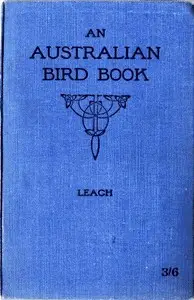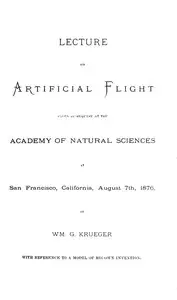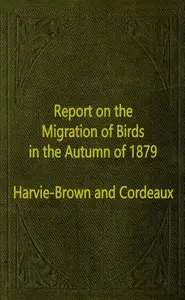"Man's Place in the Universe" by Alfred Russel Wallace is a scientific publication written in the late 19th century. The work explores the implications of scientific research regarding the potential for life beyond Earth, specifically addressing the question of whether our planet is the only abode of organic life in the vast universe. Wallace aims to analyze astronomical, physical, and biological evidence, drawing connections between these fields to understand humankind's unique position within the cosmos. The opening of the book sets a foundation for Wallace's exploration by introducing the historical context of humanity's thoughts on the universe and our place within it. He reflects on early astronomical ideas, notably those held by ancient civilizations, who viewed Earth as the central hub of existence and the heavenly bodies as subordinate to it. Gradually, Wallace ushers readers into modern astronomical perspectives, highlighting the shift in understanding that arose following the discoveries of renowned scientists like Copernicus and Kepler. He emphasizes the rarity of concrete evidence supporting the existence of life on other planets, positing instead that the conditions necessary for life are likely unique to Earth. This opening serves as a prelude to a comprehensive discourse that seeks to systematically evaluate existing theories and build a case for the possibility that Earth is singular in its capacity for supporting life. (This is an automatically generated summary.)

Man's Place in the Universe A Study of the Results of Scientific Research in Relation to the Unity or Plurality of Worlds, 3rd Edition
By Alfred Russel Wallace
"Man's Place in the Universe" by Alfred Russel Wallace is a scientific publication written in the late 19th century. The work explores the implication...
Genres
Released
2012-06-06
Formats
epub
mobi
epub (images)
mobi (images)
epub3 (images)
Free Download
Overview
About the Author
Alfred Russel Wallace was an English naturalist, explorer, geographer, anthropologist, biologist and illustrator. He independently conceived the theory of evolution through natural selection; his 1858 paper on the subject was published that year alongside extracts from Charles Darwin's earlier writings on the topic. It spurred Darwin to set aside the "big species book" he was drafting and quickly write an abstract of it, which was published in 1859 as On the Origin of Species.
Total Reviews
10.0k
Total reviews from Goodreads may change

